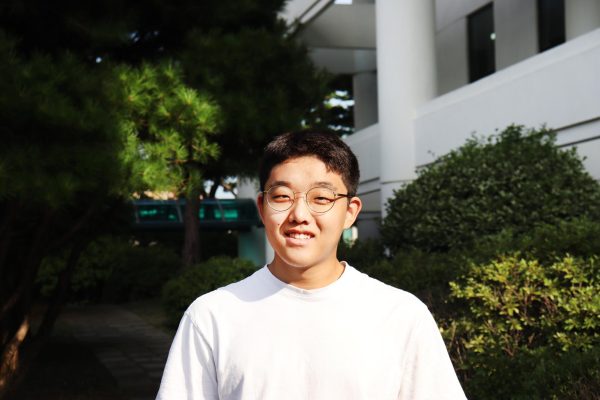For years, Alexei Navalny has been the voice behind the call to reveal governmental corruption in Russia, and he has succeeded in raising many protests and movements. Navalny is a Russian lawyer, politician, and activist who is the leader of Putin’s opposition party. His prime objectives have been to reveal statistics and information about the government that he perceives as proof of corruption. His youtube channel Алексей Навальный, which translates to Alexei Navalny, reaches hundreds of millions of people all over the world, and despite his current residence in prison, his Anti-Corruption Foundation has continued his work to expose Russia for all of its corruption. However, on April 26, 2021, the Russian government suspended all activities of Navalny’s organization, which could signal an end to Putin’s opposition party.
Even though Putin has maintained a strong popular vote in the polls with 77 percent rates in 2018, his regime still sees the activities of Navalny’s movements as a threat. “In recent years, the opposition movement to Russia’s government has grown, but the movement has lacked a strong leader to bolster the movement,” Sean Kim (11), member of Model United Nations (MUN), said. “Navalny fits the role of a leading figure, which has brought international attention, which is why Putin feels threatened.”
Ever since Navalny began his “crusade” of exposing Putin’s government for all of its corruption, he has been able to garner staunch support from his followers, who have held protests and rallies amidst strong police opposition and large-scale arrests. Although President Putin has never made an official statement regarding the activities of Alexei Navalny, he is certainly viewed as a threat in the eyes of many in the government. He has survived two assasination attempts by the government, the most recent of which was in August 2020. However, along with the security of his life, Alexei Navalny’s entire life’s work might be at risk, as the government suspended all activities of the Anti-Corruption Foundation justifying the action by stating that it was an extremist organization. The foundation, created in 2011, has done notable work investigating the Russian ruling class and the issues within the society of government, most of which targeted the legitimacy of Putin’s rule.
“The government shut down the Anti-Corruption Foundation because of Navalny’s ability to reach millions around the world through the use of social media,” Henry Hatridge (9), Forensics debater, said. “The foundation doesn’t physically need Alexi Navalny to produce videos, so Russia had to shut down the entire foundation.”
The reach of Navalny’s organization is substantial, as his latest video describing Putin’s private “castle” of a house has been viewed on his Youtube channel over 100 million times. This influence could be halted with the suspension of the Foundation’s activities. Violence is a possible outcome of this recent event, as anti-Putin protests, which have struck Russian streets in the past, are likely to increase due to the perceived strike on the voices of Russian citizens who are followers of Navalny. Finally, while there are debates about the levels of democracy and corruption within the nation, Alexei Navalny’s influence could provide truth to what is happening behind the scenes in the government of Russia. With the present media coverage this case is receiving, all events following will reach more audiences, spreading awareness.
“Widespread protesting may ensue, and there will be civil unrest,” Ginna Schultz, World History teacher, said. “This event has gotten international attention, so it is unclear how the government will respond to the protests and opposition.”


